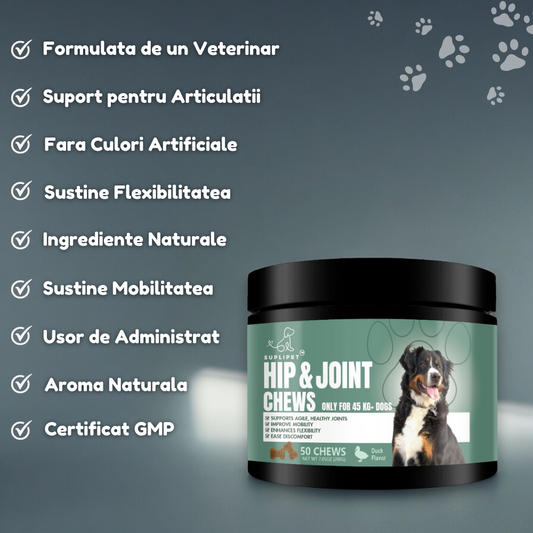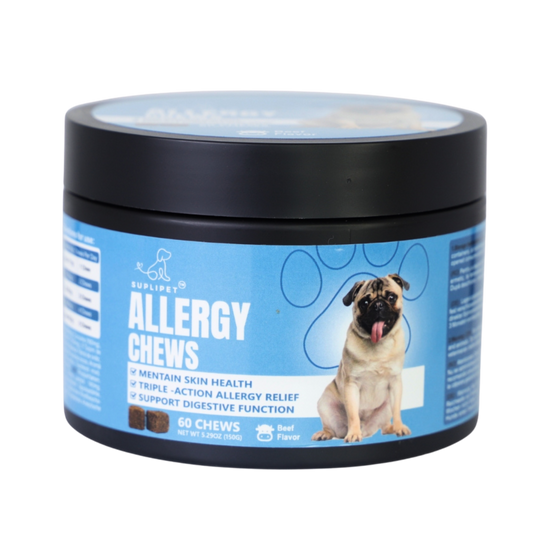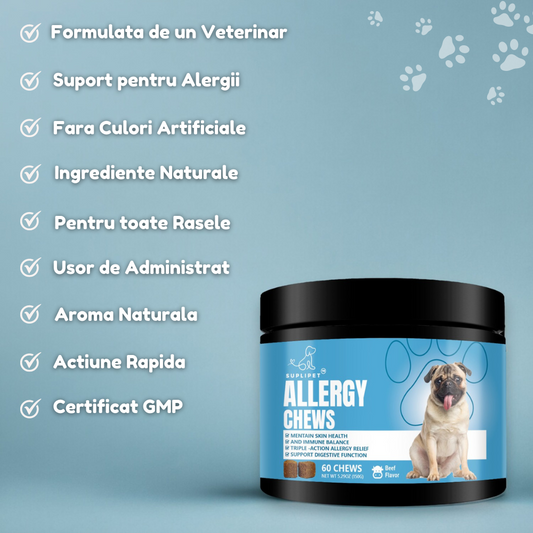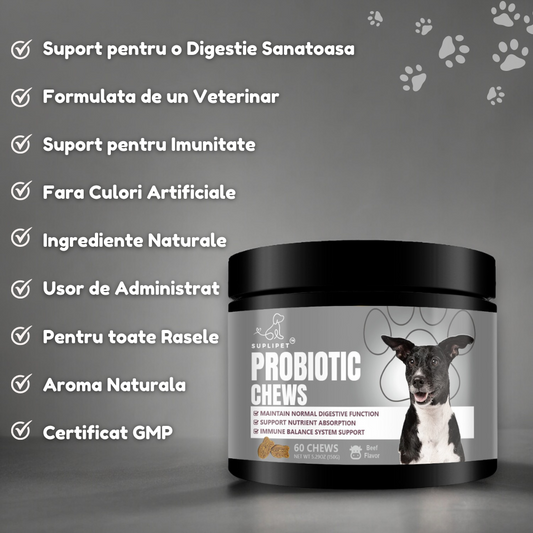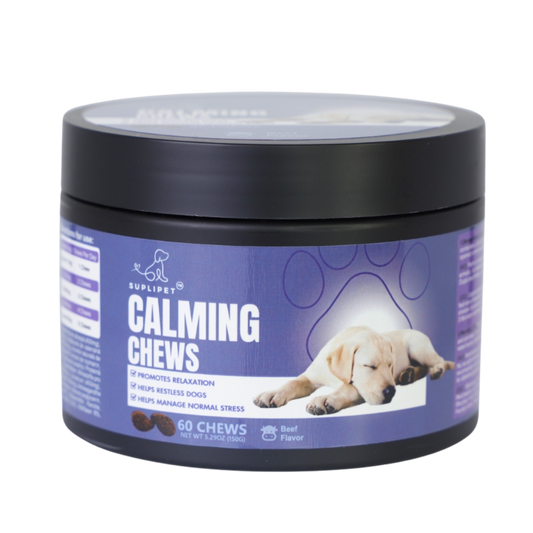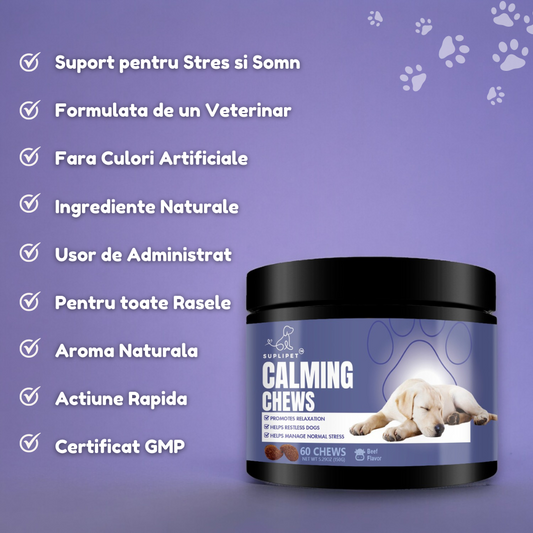One of the most frequently asked questions among cat owners is, "How long do cats live?" Understanding the elements that determine a cat's lifetime can help you give the best possible care for your feline companion, ensuring that they live a long and healthy life. In this article, we'll look at the typical lifetime of cats, the variables that influence their longevity, and how you may help your cat's health with the right nutrition, regular veterinary treatment, and supplements. Understanding these components allows you to make educated choices that benefit your loved one's health and longevity.

Average Lifespan of Cats
A cat's lifespan can vary significantly based on a variety of factors, including genetics, habitat, and overall health. Indoor cats live an average of 12 to 18 years, with many reaching their early twenties. Some great cats have lived well into their 30s. Outdoor cats, on the other hand, have shorter lifespans, ranging from two to five years. This considerable disparity is primarily due to the higher hazards that outdoor cats confront, such as road accidents, predators, infections, and inclement weather.
Factors influencing cat longevity
There are several elements that determine a cat's longevity. Knowing about and controlling these factors can enable you to lengthen your cat's life and improve its quality of life.
- Genetics.
Genetics have an important influence in determining a cat's longevity. Some breeds are predisposed to particular health issues, which might shorten their lifespan. Siamese cats, for example, are noted for their lengthy lifespans, with many lasting into their late teens or early 20s. In contrast, other breeds, such as the Maine Coon, may be more prone to developing hereditary diseases, such as hypertrophic cardiomyopathy, which can have an impact on heart health. It is critical to study your cat's breed and be informed of any hereditary predispositions they may have.
- Diet & Nutrition
A well-balanced food is vital for keeping your cat healthy and alive. Cats are strictly carnivores, which means they need a diet high in animal proteins and critical elements. Providing high-quality cat food that satisfies their nutritional requirements will help them avoid obesity, diabetes, and other diet-related health problems. Look for cat food with meat as the primary component, and avoid fillers like corn and wheat. Additionally, make sure your cat always has a supply of fresh water.
- Veterinary Care
Regular veterinary examinations are essential for early identification and treatment of health problems. Preventive care, such as immunizations, parasite control, and dental care, can dramatically increase your cat's longevity. Spaying and neutering also help pets live longer, healthier lives by lowering their risk of certain cancers and infections. Schedule annual or biannual vet appointments, and follow your veterinarian's preventive care advice.
- Indoor versus Outdoor Living
Indoor cats typically live longer lives than outdoor cats because they are less exposed to hazards such as traffic, predatory animals, and infectious diseases. If you allow your cat outside, make sure they are supervised or have access to a safe, contained space, such as a catio. This may offer the benefits of outside exploration while reducing the risks. Furthermore, indoor cats benefit from a monitored setting in which they are less likely to confront danger.
- Environmental enrichment.
A stimulating atmosphere enhances both physical and mental well-being. Toys, climbing structures, scratching posts, and interactive playing can help your cat stay active and engaged, lowering the risk of obesity and boredom-related behaviors. Mental stimulation is equally as important as physical activity, so rotate toys and present fresh obstacles to keep your cat engaged.

Supplements to Support Longevity
In addition to a healthy diet and regular veterinarian care, vitamins can help your cat's health and longevity. Here are some supplements that may help:
- Omega 3 Fatty Acids
Omega-3 fatty acids improve heart health, reduce inflammation, and promote healthy hair and skin. These vital fatty acids can help improve cognitive performance in elderly cats. Fish oil supplements are a typical source of omega-3s and can be added to your cat's diet as directed by your veterinarian. - Glucosamine & Chondroitin
These supplements promote joint health and are especially good for senior cats or those with arthritis. They aid in maintaining cartilage health and reduce inflammation, which improves mobility and alleviates pain. Including glucosamine and chondroitin in your cat's diet can help them remain active and comfortable as they age. - Probiotics.
Probiotics support a healthy digestive system by balancing beneficial bacteria in the gut. A healthy gut promotes general health and can boost your cat's immune system. Probiotics can be especially beneficial if your cat has a history of digestive problems or has recently been prescribed antibiotics. - Antioxidants
Vitamins C and E, for example, act as antioxidants, protecting cells from free radical damage. They can improve immune function and lower the risk of chronic disease. Antioxidant supplements can help older cats and those with chronic health problems. - L-Carnitine
L-carnitine promotes fat metabolism and can help your cat maintain a healthy weight. It is especially good for cats that are prone to obesity or have difficulty managing their weight. Maintaining a healthy weight is critical for avoiding numerous health issues, including diabetes and heart disease. - Taurine
Taurine is a vital amino acid for cats that promotes heart and eye function. While taurine is commonly included in commercial cat food, a taurine supplement can help your cat get enough of this essential ingredient. Taurine insufficiency can cause major health complications, so make sure your cat's diet fits their requirements.
We recommend you use supplements from www.suplipet.shop
Tips to Increase Your Cat's Lifespan
Here are some useful ideas for increasing your cat's lifetime and ensuring they enjoy a healthy, joyful life:
- Provide a balanced diet.
Ensure that your cat's diet contains excellent animal-based proteins and necessary elements. Avoid giving them too many snacks or human foods, which can contribute to obesity and other health problems. Consult your veterinarian to establish which diet is best for your cat's individual needs. - Regular Veterinary Checkups
Schedule regular veterinary visits to provide preventative care and early diagnosis of health issues. Maintain routine vaccines, parasite control, and dental hygiene. Regular check-ups enable early intervention, preventing small disorders from escalating into significant health problems. - Maintain a healthy weight.
Obesity is a major risk factor for a variety of health issues in cats. Maintain your cat's weight by providing adequate meal amounts and regular exercise. Keep your cat active by using interactive toys and having play sessions. - Spay/neuter.
Spaying and neutering your cat can help prevent some health problems and lessen the likelihood of behavioral disorders. This operation can reduce the chance of some malignancies and infections, resulting in a longer, healthier life. - Provide a safe environment.
Keep your cat inside or allow supervised outside access. Make sure they have safe and exciting surroundings with plenty of toys, climbing frameworks, and comfortable resting areas. A safe environment lowers the risk of injury and disease. - Watch for signs of illness.
Watch for indicators of sickness, like as changes in eating, behavior, or litter box habits. Early detection and treatment can greatly improve your cat's health and longevity. If you observe any strange symptoms, contact your veterinarian immediately.

Conclusion
Cats may live long, healthy lives with the right care, nutrition, and veterinarian treatment. Understanding the elements that affect a cat's lifespan will help you give the best possible care for your feline companion. Supplementing their food can help them maintain good health and live longer. By providing a safe and interesting environment as well as regular veterinarian treatment, you may help your cat live a long, happy, and healthy life.
Your cat's well-being reflects the care and attention you offer it. Every facet of your cat's care, from a healthy diet to frequent veterinary appointments and a stimulating environment, helps them live a long life. By being proactive and aware, you may help your feline companion thrive and live a full, enriching life. Remember, the bond you enjoy with your cat is founded on trust and understanding, and by prioritizing their health and happiness, you give them the best chance of a long, meaningful life.
-
Regular price$19.00Regular price
$24.00Sale price$19.00 Save $5.00 (20%)Unit priceperHip & Joint Chews 45kg+ Dogs
-
Regular price$23.00Regular priceSale price$23.00 Save $-23.00 (%)Unit priceper
Allergy Chews Dogs
-
Regular price$18.00Regular price
$23.00Sale price$18.00 Save $5.00 (21%)Unit priceperProbiotic Chews Dogs
-
Regular price$17.00Regular price
$21.00Sale price$17.00 Save $4.00 (19%)Unit priceperCalming Chews Dogs



